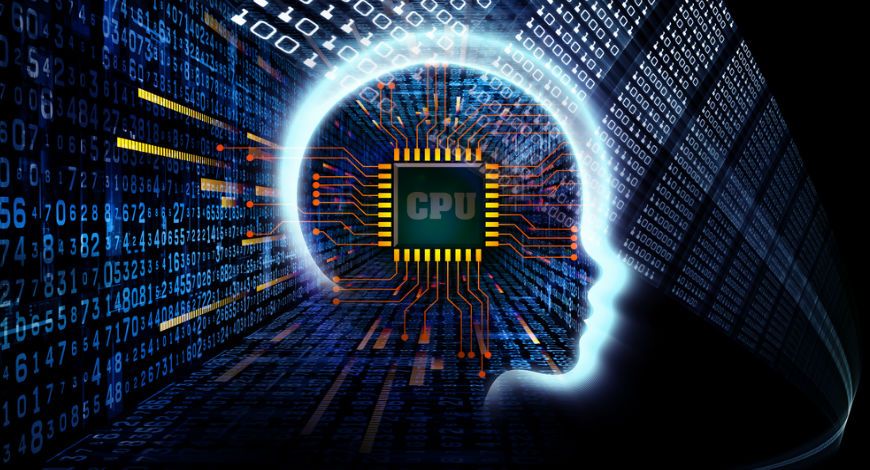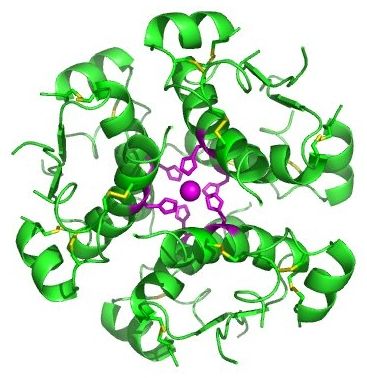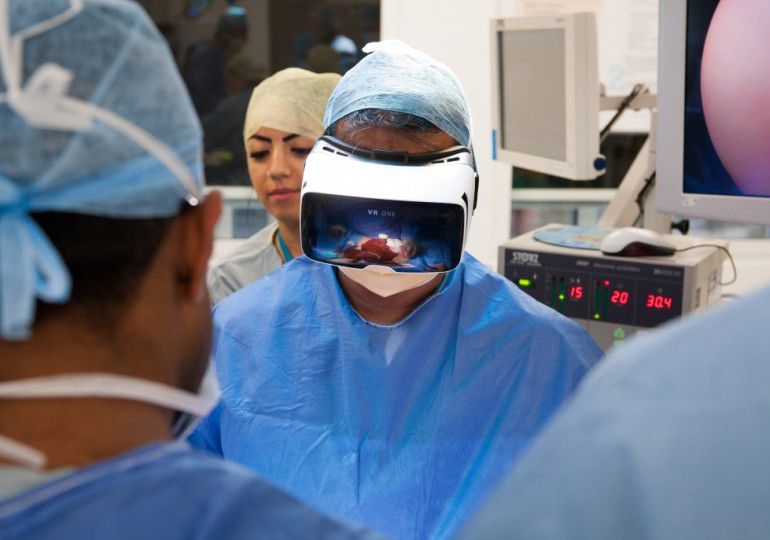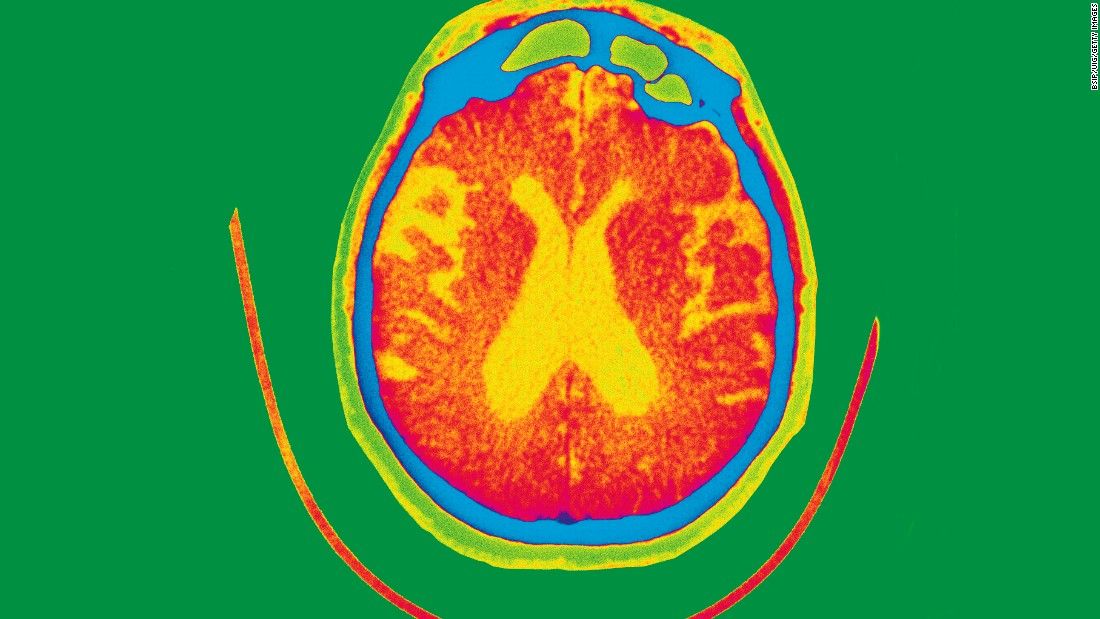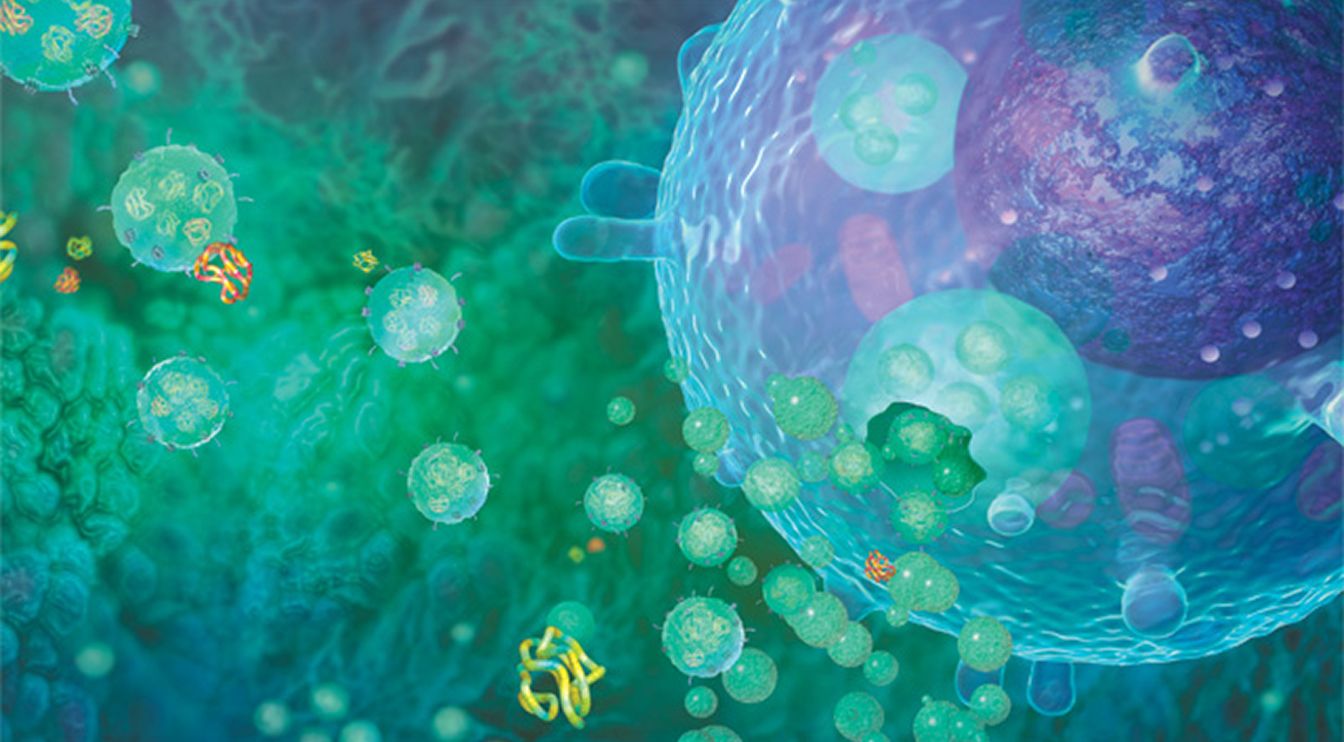Page 10621
Dec 26, 2016
Losing body fat could be facilitated
Posted by Steve Hill in categories: biotech/medical, health
Time to work off that Chritmas Turkey bigsmile
Making muscles burn more fat and less glucose can increase exercise endurance, but could simultaneously cause diabetes, says a team of scientists from Baylor College of Medicine and other institutions.
Mouse muscles use glucose (carbohydrate) as fuel when the animals are awake and active and switch to fat (lipid) when they are asleep. The team discovered that disrupting this natural cycle may lead to diabetes but, surprisingly, can also enhance exercise endurance. The switch is controlled by a molecule called histone deacetylase 3, or HDAC3. This finding opens the possibility of selecting the right time to exercise for losing body fat but also raises the concern of using HDAC inhibitors as doping drugs for endurance exercise. The study appears in Nature Medicine.
Dec 26, 2016
Medgadget’s Best Medical Technologies of 2016
Posted by Klaus Baldauf in categories: augmented reality, biotech/medical
The year 2016 presented the world with a number of big surprises. Some positive, some negative, depending on whom one asks. Here at Medgadget, 2016 will be remembered for many amazing and pleasantly unexpected medical technology developments, many of which are foreshadowing cures for spinal cord injuries, effective treatment of diabetes, new ways to fight heart disease, and many other long sought-after medical solutions. Virtual and augmented reality systems, new imaging techniques, and innovative delivery approaches are changing the way doctors learn and take care of patients.
Looking back on the past year, we selected what we felt to be the most important, innovative, and surprising medical technology developments. They naturally fell into a few categories. Here we share with you Medgadget’s choices of Best Medical Technologies of 2016.
Dec 26, 2016
China Claims Promising Results In EmDrive Testing, Stakes Big Claim In ‘Space Race’
Posted by Klaus Baldauf in category: space travel
Could the so-called EmDrive be close to debuting for real, helping spacecraft travel through space and producing thrust without the help of propellant? One month after NASA’s exciting study on the drive that suggested it may work, Chinese researchers have just confirmed that they’ve been running some tests on their own version of the drive in low-Earth orbit, adding some intrigue to what some have called a modern-day “space race” with the U.S.
According to Digital Trends, the EmDrive was originally designed in 2001 by Roger Shawyer as a propulsion system that doesn’t rely on conventional means to operate. That means that it doesn’t make use of fuel to do its work, thus making spacecraft considerably lighter and easier to maneuver, while also potentially reducing costs. Another exciting aspect of the drive is its potential to push spacecraft to unusually high speeds – as Digital Trends described it, that could mean sending humans to the outer reaches of the solar system in mere months, instead of years.
#EMdrive w/ Carbon 14 #diamondbattery could allow our children to explore space using radioactive waste. @cabotinstitute @neiltyson pic.twitter.com/e76rMERCTx
Dec 26, 2016
CellScope is building smart mobile tools for better family health
Posted by Klaus Baldauf in categories: biotech/medical, health
Introducing Seymour: a smarter way to manage your family’s health. Get a doctor’s opinion 24/7 for ear and skin concerns. Oto is now available nationwide.
Dec 25, 2016
How DNA Editing Could Change Life on Earth
Posted by Shane Hinshaw in categories: biotech/medical, genetics
Rewriting the Code of Life
Through DNA editing, researchers hope to alter the genetic destiny of species and eliminate diseases.
Dec 25, 2016
We’ll have an Alzheimer’s drug by 2025, experts say
Posted by Dan Kummer in categories: biotech/medical, neuroscience
But experts across the field say hope is not lost. They believe we will have some form of drug against the disease by 2025, albeit most likely a pilot version that will need to be upgraded.
Dec 25, 2016
Scientists develop a cancer-detecting smartphone add-on that’s up to 99% accurate
Posted by Shane Hinshaw in categories: biotech/medical, mobile phones
A new smartphone add-on has been demonstrated to detect cancer with 99% accuracy in the lab. The breakthrough could have significant implications for diagnostic capabilities in remote areas or when limited medical services are available.
Dec 25, 2016
Space Surveillance System — Equipped With World Fastest Camera
Posted by Karen Hurst in categories: military, satellites, surveillance
This post is also available in:  עברית (Hebrew)
עברית (Hebrew)
The US Defense Advanced Research Projects Agency (DARPA) officially handed off control of the Space Surveillance Telescope (SST) to the US Air Force Space Command. After five years of successful operation the telescope will now be dismantled and sent overseas.
Australian forces are planned to handle the task of scanning the skies for asteroids that could endanger satellites or potentially strike the Earth. The Air Force will maintain “a broad and full SST partnership” with the Australian military, said 1st Lt. Sarah Burnett, a spokeswoman for Air Force Space Command (AFSPC). After the move, SST will operate as a dedicated sensor in the US Space Surveillance Network, operated by AFSPC.
Continue reading “Space Surveillance System — Equipped With World Fastest Camera” »
Dec 25, 2016
China’s stringent cyber security law; Technological and human rights implications for the world
Posted by Karen Hurst in categories: business, cybercrime/malcode, economics, internet, law, military, space
Hmmm.
Technological and human rights implications for the world
China adopted the highly controversial cyber security law on 7th November 2016. The legislation which will take effect in June 2017 was passed by its largely rubber – stamp parliament emphasizing the ‘objective need’ of China as a major internet power. The stated objective of the law is to counter the growing threats such as hacking and terrorism. Overseas critics of the law are not amused as it has already triggered concerns among foreign business and rights groups that the law threatens to shut foreign technology companies out of various sectors which China deems as ‘critical’. The legislation also incorporates contentious requirements for security reviews and for data to be stored on servers in China.
